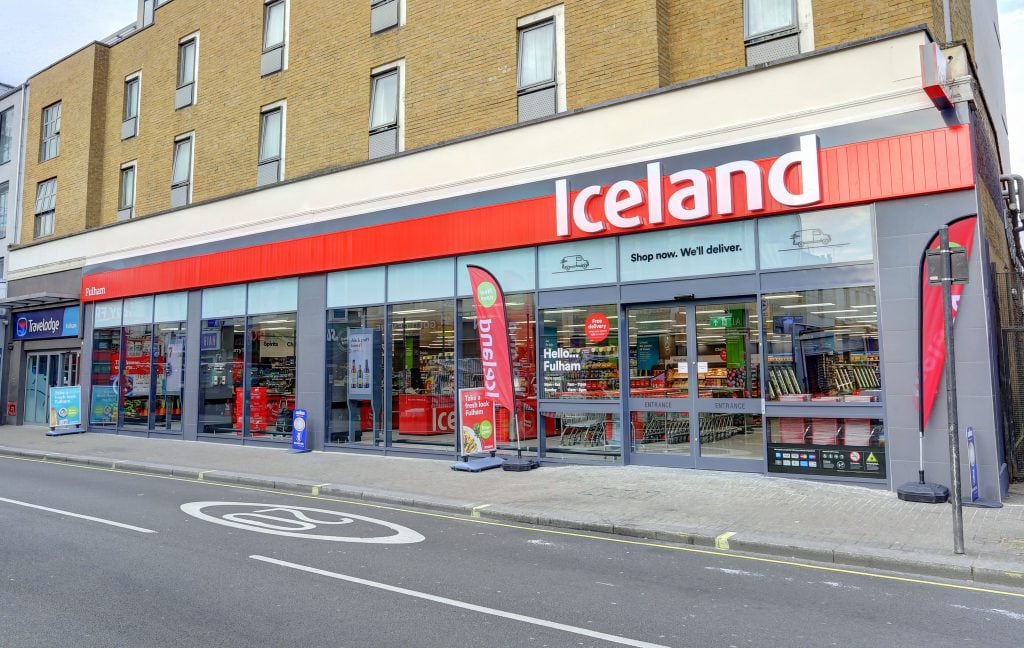The food strategy outline includes 10 actions the UK Government has identified as necessary to achieve a heathier, more affordable, greener and resilient food system.
These outcomes are divided into four overarching themes centred around health and affordability; economic growth; sustainability and resilience; and food culture.
They have been informed by experts across government, the Food Strategy Advisory Board, workshops with interested charities and businesses, as well as members of the public from a Citizen Advisory Council.
On the whole, it’s received a warm welcome from figureheads in the industry - with a few caveats scattered throughout.
A good food cycle
A big part of the plan is focused on health and builds on the Government’s newly published 10-Year Health Plan, which looks to encourage more nutritious food into British diets.
Playing on the phrase the ‘junk food cycle’, used by Henry Dimbleby in the 2021 Food Strategy, the government has said its new approach for England’s food system will be to “support the development of a good food cycle”.
Defra defines a ‘good food cycle’ as a system in which investment into development, production and marketing of healthier, accessible and greener food is supported by a transparent, stable and predictable policy environment.
To achieve such a transformation, Defra has said it will require a cultural shift in how we view and value our food. This includes businesses making changes to how they produce and market products, supported by a system that rewards those who develop nutritious and sustainable food. It is also about encouraging a celebration of local British food, alongside developing consumer confidence, knowledge and skills in cookery.
We want to make sure all families have the option of healthy, high-quality food – not least because it helps tackle the epidemic of obesity, which costs our NHS over £11 billion a year.
Ashley Dalton, minister for health
More fruit and vegetables
Among the shifts in health, Defra says a move towards diets higher in fruit, vegetables and wholegrains, and lower in calories, saturated fat, sugar and salt is needed.
As the report references: “Death and disability from dietary risks such as eating too little fruit, vegetables and fibre, and too much food high in fat, sugar and salt has risen by 46% in the last decade.”
Claire Ogley, head of campaigns, policy and research at The Vegan Society has welcomed this call to drive up fruit and veg intake among Brits but says the “proof will be in the pudding”.
Does the Government have the guts to follow through on its vision of a healthy and sustainable food system with the ambitious policy action that is needed to drive a transition to plant-rich diets?
Claire Ogley, head of campaigns, policy and research, The Vegan Society
“The government in Denmark – the home of bacon and butter – has already recognised this potential and has implemented a plant-based action plan,” added Ogley.
She maintains that the UK Government “must provide practical education for the general public about reducing meat and dairy consumption” and instead encourage “growing, preparing and cooking fruit, vegetables, pulses and wholegrains”.
“We need integrated and holistic public health campaigns to promote fruit and vegetable consumption and we must help farmers make the transition to sustainable plant-based agriculture,” she concluded.
GFI Europe has also welcomed the announcement from Defra, but says it is eager to see the government going one step further on its promise to introduce mandatory health reporting – which it revealed earlier this week – and introduce compulsory reporting on the proportion of protein sales that come from plant-based foods including plant-based ‘meat’.
Improved sustainability and resilience
Alongside health and backing local food, the plan also centres on sustainability and resilience, drawing on the recommendations set out in the 2021 Dasgupta Review on the Economics of Biodiversity, and the UK Food Security Report 2024.
Defra’s report cites several concerning statistics around sustainability and food security to drive home its points, including the sharp rise in UK food prices – an increase of 36% between January 2021 and April 2025 – and its expectations around food driven greenhouse gas (GHG) emissions.
According to the report, GHG emissions from the UK (including food imports) are equivalent to 38% of UK GHG emissions, with agriculture making up 11.7% of the UK total GHG emissions. By 2040, Defra predicts agriculture, alongside aviation, will be the dominant source of UK emissions.
To this end, the good food cycle plan includes goals focused on realising reducing waste and introducing a greater level of preparedness for supply chain shocks.
Acknowledging constraints
But the plan has also seen Defra indicating that it “cannot deliver everything at once” and promising to “be honest about the constraints and complexities we face”.
“We will take difficult decisions about what to prioritise,” the reports reads.
The department has also acknowledged that businesses need time to prepare and plan for incoming changes and that this will, in turn, require government to “set a clear direction and stick to it”.
It adds that it “will continue to engage stakeholders from across the food system” as it develops its food strategy and work closely with the devolved nations to align on their separate food strategies.
The next step
Defra has said the “next key milestone” will be development of metrics, indicators and implementation plans for the food strategy outcomes.
It says this will require a more joined-up approach to the way data is used across the food system and its approach to research and innovation, as well as keeping its promise to cut admin costs for businesses by 25% by the end of parliament.





